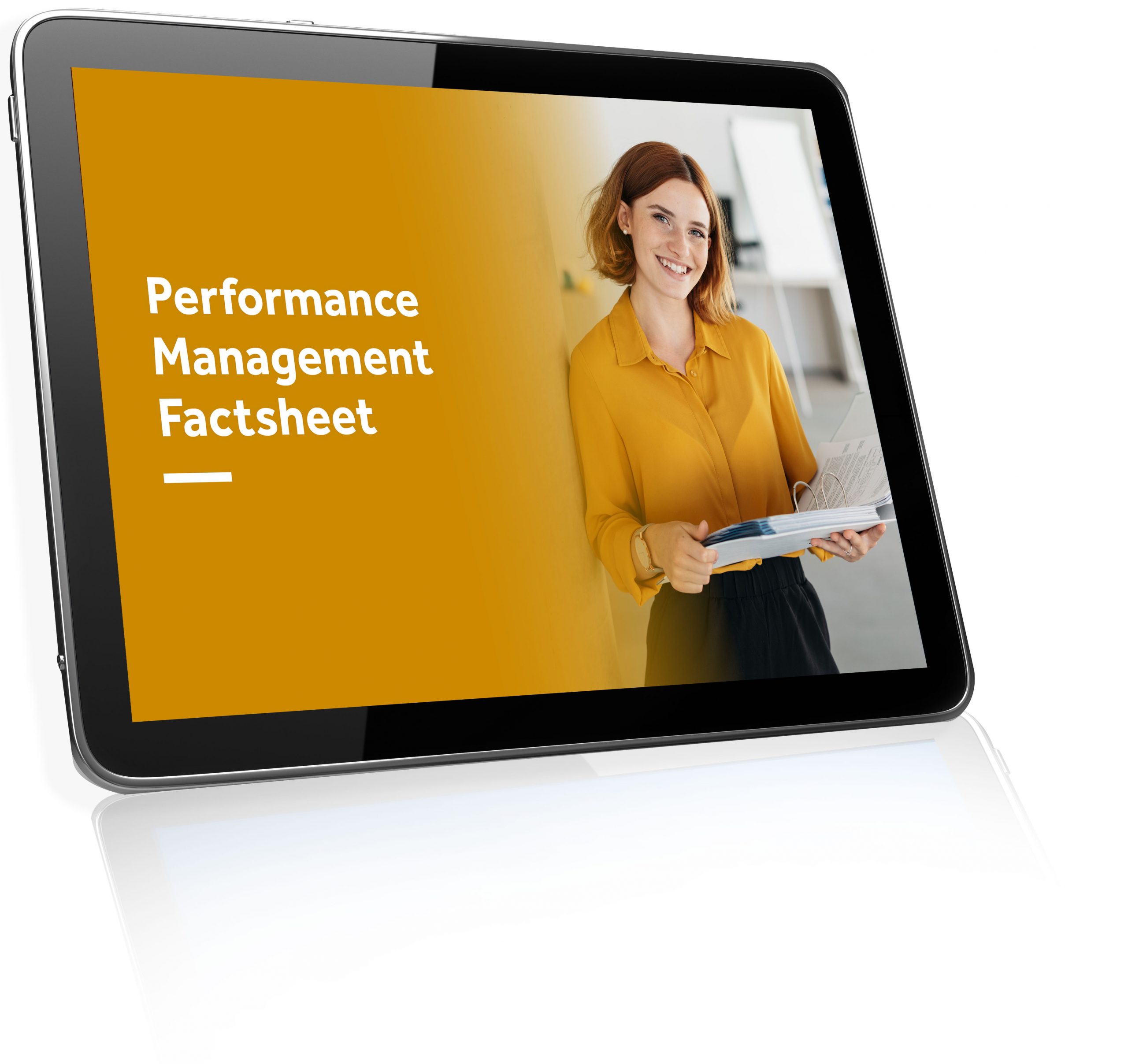
What is mediation?
Mediation is when an independent person, known as a mediator, helps two or more parties resolve a workplace dispute in a semi-formal and confidential environment.
Mediation offers a negotiation process that can help both parties find flexible and creative solutions to workplace problems. This can prevent the breakdown of an employment relationship and offer a cost-effective alternative to the formal proceedings of an employment court.
Mediation is normally used to resolve between an employer and employee, although sometimes mediation is used to settle disagreements involving only employees.
Is mediation a legal requirement?
Mediation is a voluntary process in Australia. However, participation in mediation is seen as an important part of acting in good faith during an employment relationship.
In some cases, dispute resolution procedures laid out in an employment contract or enterprise agreement may require the two parties to mediate.
The mediation process
There is no set procedure that a mediation will follow, with the process differing from business to business. However, there are certain actions and activities that mediation will normally involve. These include:
Early assistance
This may be through email and telephone conversations. A mediator will see if there’s a way of resolving the dispute promptly without needing a meeting.Meeting
This is when parties meet with a mediator in a semi-formal environment, discuss the problem and explore possible solutions.Giving the mediator powers
If both parties agree, you can give the mediator the power to make a written recommendation or binding decision. Ideally, this should act as a mutually acceptable settlement.Record of settlement
If both parties agree to a dispute resolution, it will be written down in a record of settlement. This is a legally binding document. Once a record of settlement is signed by both parties and a mediator from the Employment Mediation Services, you may not take a case to the Fair Work Commission or an employment court if it relates to the same issue.
Who should act as an independent mediator?
An independent mediator is someone who is not on the side of either party. For this reason, mediators are not normally the managers or direct colleagues of the parties involved.
Mediators are committed to a fair mediation process and helping parties to resolve the problem. They must withdraw from any case if they think they might have a conflict of interests.
What is a mediator’s role?
A mediator’s role is to:
Encourage both parties to speak openly and identify the real issues.
Identify common interests and points of agreement between the two parties.
Help people find a way through their problem that may not seem immediately apparent.
Explore settlement options and encourage both parties to negotiate.
Find creative solutions that allows both parties to put the issues behind them.
Provide an assessment of the risks if the problem is not resolved and proceeds further.
A mediator may also participate in workplace training activities, team events and staff mentoring.
What skills and knowledge should a mediator have?
In Australia, there are no compulsory qualifications that a mediator needs to have, meaning they often come from a variety of professional backgrounds. However, to be an effective mediator it’s vital to possess certain key skills and knowledge, including:
Extensive training in resolving workplace conflict.
An in-depth knowledge of employment law.
A detailed understanding of current workplace trends.
Excellent interpersonal and communication skills.
Mediation Services
Some community organisations and private dispute resolution providers offer free or low-cost mediation services. In certain circumstances the Fair Work Commission may be able to assist through an informal mediation process.
You can find more information about assisted mediation at the the Fair Work Commission.
Arbitration
In some cases, both parties can agree to arbitration. This gives the mediator the powers of an arbitrator, allowing them to listen to each party’s opinion about what has happened and then make a final decision about how to resolve a dispute that’s binding for everyone.

Struggling with employee performance?
Whether you’re trying to address poor performance or implement holistic performance management strategies, this FREE FACTSHEET can help.
Representing yourself
It is common for people to represent themselves throughout a mediation process. If you feel confident to do so, you can arrange mediation and prepare to make your own case at a mediation meeting. It is advisable to ‘stick to the facts’, remain objective and not let your emotions get the better of you.
You don’t need any technical knowledge to represent yourself in a mediation meeting, but you do need to listen carefully, respond clearly, and be open-minded about the different possibilities for resolving a dispute.
Mediation representatives and advisors
If you’re uncomfortable with representing yourself, you can use a representative or advisor. This can be a friend, a union representative, or a professional advisor (such as an employment advocate or lawyer).
Professional advisors can be costly, but will offer a comprehensive service throughout mediation by:
Gathering documentation outlining the facts.
Referencing relevant aspects of employment law.
Deciding what you’re going to say at mediation.
Expressing your views at the meeting.
Negotiating a solution for the record of settlement.
As well as a representative or advisor, people involved in mediation are legally entitled to bring a designated support person. A support person does not usually actively participate in the mediation. Instead, their role is to offer emotional support.
Preparing for mediation
Before mediation, you should organise your thoughts about what the problem is, how it happened, and what for you would be an acceptable resolution to the dispute.
It’s also useful to think about the other party’s point of view, including what they think the problem is, how they might perceive what has happened, and what they might consider to be a good solution.
Dispute resolution
If an agreement is reached, the mediator records this and both parties sign it, at which point the dispute resolution within the agreement becomes legally binding. Both parties should get a copy of the signed agreement to keep.
If the other party does not keep to the decision imposed in the agreement, you can go to the Commision or an employment court for enforcement.
What happens if an agreement cannot be reached?
If both parties cannot agree on a dispute resolution, the mediator will discuss what the next steps might be:
You might all agree to an adjournment (setting up another meeting at a later date).
You could agree to give the mediator the power of an arbitrator, allowing them to make a recommendation for dispute resolution. If both parties agree to the recommendation, it will be legally binding.
If all else fails, you may choose to raise a case with the Fair Work Commision.
Confidentiality
It’s important to understand that all information that goes into mediation is confidential, including any documents referred to in meetings and the record of settlement.
This means information must not be shared with anyone outside of the mediation process. Because of this, what happens in mediation cannot be used as evidence in an employment court. However, in many escalated cases the parties will agree to waive the confidentiality.
For assistance with dispute resolution in your workplace, call Employsure’s FREE 24/7 Advice Line on 1300 651 415.


